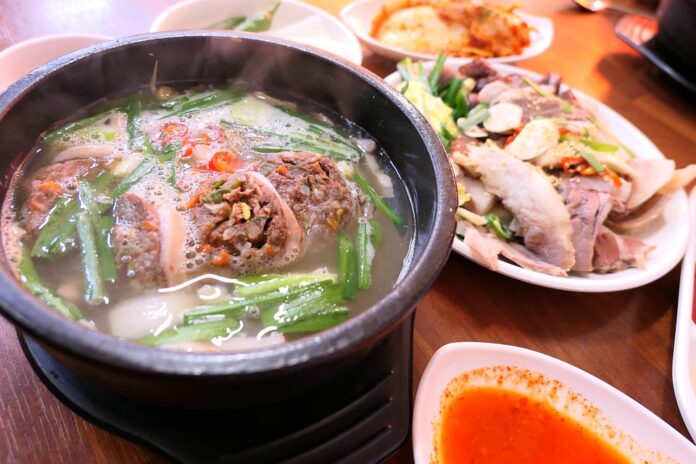Pork Traceability and Compliance with Global Trade Standards
Introduction
Pork traceability is an essential aspect of the global food supply chain, ensuring transparency, safety, and compliance with trade regulations. In recent years, there has been a growing emphasis on traceability in the pork industry to meet the increasing demands of consumers for high-quality and sustainably sourced products. This report will delve into the importance of pork traceability, compliance with global trade standards, and the challenges and opportunities facing the industry.
The Importance of Pork Traceability
Pork traceability refers to the ability to track the origin, processing, and distribution of pork products throughout the supply chain. By implementing robust traceability systems, stakeholders can quickly identify and address issues such as foodborne illnesses, product recalls, and fraudulent practices. Traceability also plays a crucial role in ensuring food safety, quality control, and sustainability in the pork industry.
Global Trade Standards and Compliance
The pork industry is subject to a myriad of global trade standards and regulations, including those set by organizations such as the World Trade Organization (WTO) and the Food and Agriculture Organization (FAO). Compliance with these standards is essential for pork producers and exporters to access international markets and build trust with consumers. Adhering to global trade standards also helps prevent trade barriers, safeguard public health, and promote fair trade practices.
Challenges in Pork Traceability and Compliance
Despite the benefits of pork traceability and compliance with global trade standards, the industry faces several challenges. One major challenge is the complexity of the pork supply chain, which involves multiple stakeholders, processes, and geographical locations. Ensuring traceability across this intricate network can be challenging, especially for small-scale producers with limited resources. Additionally, the lack of standardized traceability systems and data-sharing mechanisms hinders efforts to improve transparency and accountability in the pork industry.
Opportunities for Improvement
To overcome the challenges in pork traceability and compliance, industry stakeholders can leverage technology and innovation. For example, blockchain technology can provide a secure and transparent platform for recording and sharing pork supply chain data. By adopting blockchain-based traceability systems, pork producers can enhance transparency, streamline traceability processes, and build consumer trust. Furthermore, collaboration among stakeholders, government agencies, and industry associations is essential to establish industry-wide standards and best practices for pork traceability and compliance.
Financial Data and Industry Insights
The global pork industry is a significant contributor to the economy, with a market value of over $250 billion in 2020. China is the largest producer and consumer of pork, accounting for more than half of global pork production. In recent years, pork exports have increased, driven by growing demand from emerging markets and changing consumer preferences. As consumers become more conscious of food safety and sustainability, pork producers are under increasing pressure to enhance traceability and compliance with global trade standards to maintain market share and competitiveness.
In conclusion, pork traceability and compliance with global trade standards are critical for ensuring food safety, quality, and sustainability in the pork industry. While challenges exist, there are opportunities for improvement through technological innovation, collaboration, and industry-wide initiatives. By addressing these challenges and seizing opportunities, the pork industry can enhance transparency, build consumer trust, and secure its position in the global market.




